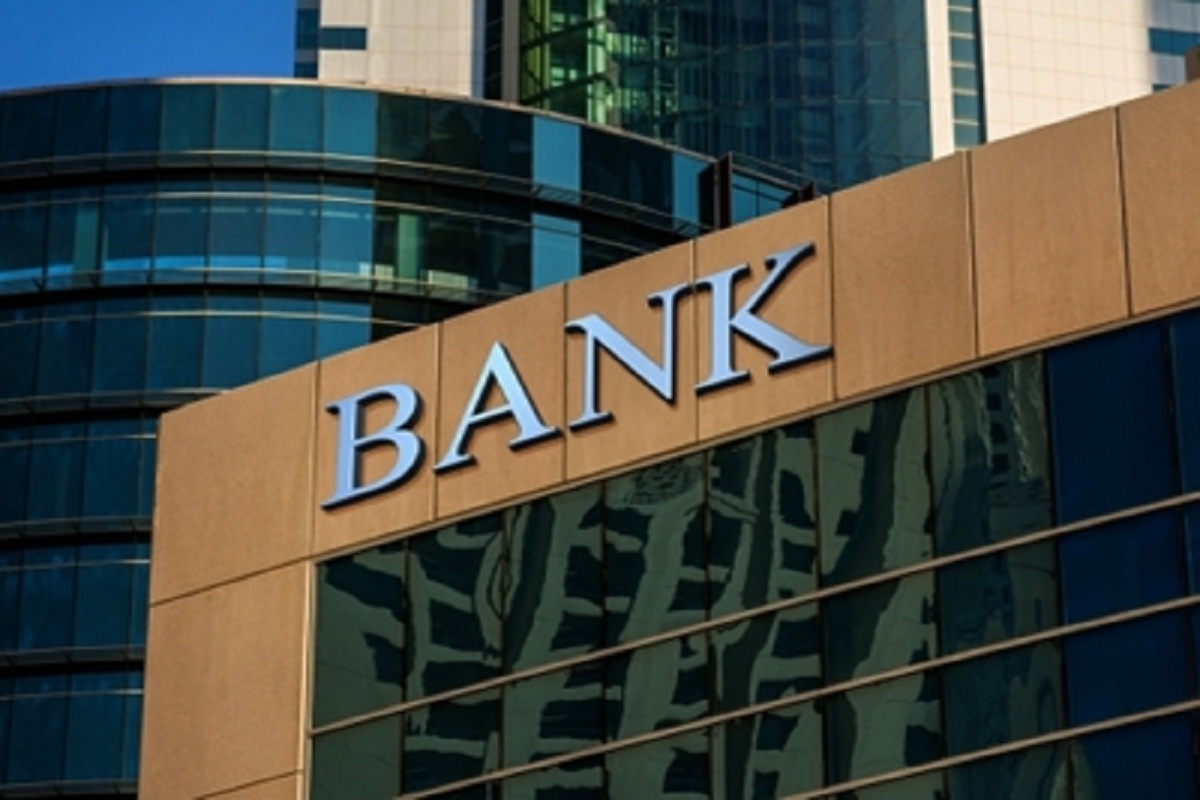Indian banks and non-bank finance companies (NBFCs) are well placed to seize opportunities from the country’s strong economic prospects through lending growth in sectors such as infrastructure, energy transition, manufacturing, small businesses and retail, a Moody’s report said on Wednesday.
The credit quality of India’s financial system has strengthened over the past 3-4 years. Record-high profitability, low delinquencies and stable domestic-oriented funding underpin financial institutions’ stable credit ratings. Their capitalisation has also improved with healthy internal accruals and capital raising from buoyant debt and equity markets, the report mentioned.
Advertisement
“For India’s financial institutions, leadership in technology adoption as well as their risk management, governance, customers’ experience and balance-sheet buffers will separate winners from losers over the next 2-3 years,” said Amit Pandey, a Moody’s Vice President and Senior Analyst.
Moody’s expects loan growth of 12-14 per cent over the next 12-15 months as loans grow in line with deposits. According to the report, system-wide net interest margins will soften selectively as banks reprice maturing deposits at higher rates to reflect previous increases in interest rates. Still, the system-wide return on assets will remain healthy with low loan-loss provisions despite a slight increase from cyclically muted levels, while banks’ capitalisation will remain stable, said the report.
The Reserve Bank of India’s (RBI) initiatives to pre-emptively manage credit growth in high-risk segments such as unsecured loans, along with tighter scrutiny on areas such as customer protection, risk management, cyber security and IT infrastructure, will enhance financial stability.
Meanwhile, ICRA, an affiliate of Moody’s in India, said the extent of growth of systemic liquidity and deposits in India will continue to remain a key driver for the credit growth for banks amid strong demand for credit. The estimates suggested that despite a moderation in growth, credit is set to increase from Rs 19 trillion to Rs 20.5 trillion in the fiscal year ended March 2025 (FY25), which would be the sector’s second-highest increase.
“Corporate asset quality continues to remain stable; however certain asset classes in retail unsecured segments are seeing increased stress. Reduced credit flow could further pressure asset quality in these segments, but overall fresh slippages and credit costs will remain benign for banks,” said Karthik Srinivasan, ICRA’s Senior Vice President and Group Head.
The rating agency projected that growth in the NBFC sector will moderate, especially in the non-mortgage retail loan segment, on the back of expanded assets under management (AUM) following the high growth rates seen in the past two fiscal years.











